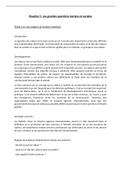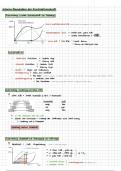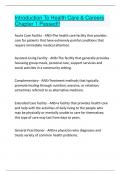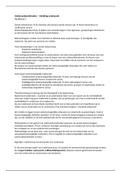Exam (elaborations)
INS3705 Assignment 2 Semester 2 2024
- Institution
- University Of South Africa
Featuring well-organized sections and illustrative examples, this document caters to various learning styles, making it accessible to a wide range of students.
[Show more]









